21 Best Alcohol and Drug Rehabs in Duluth, MN 2025
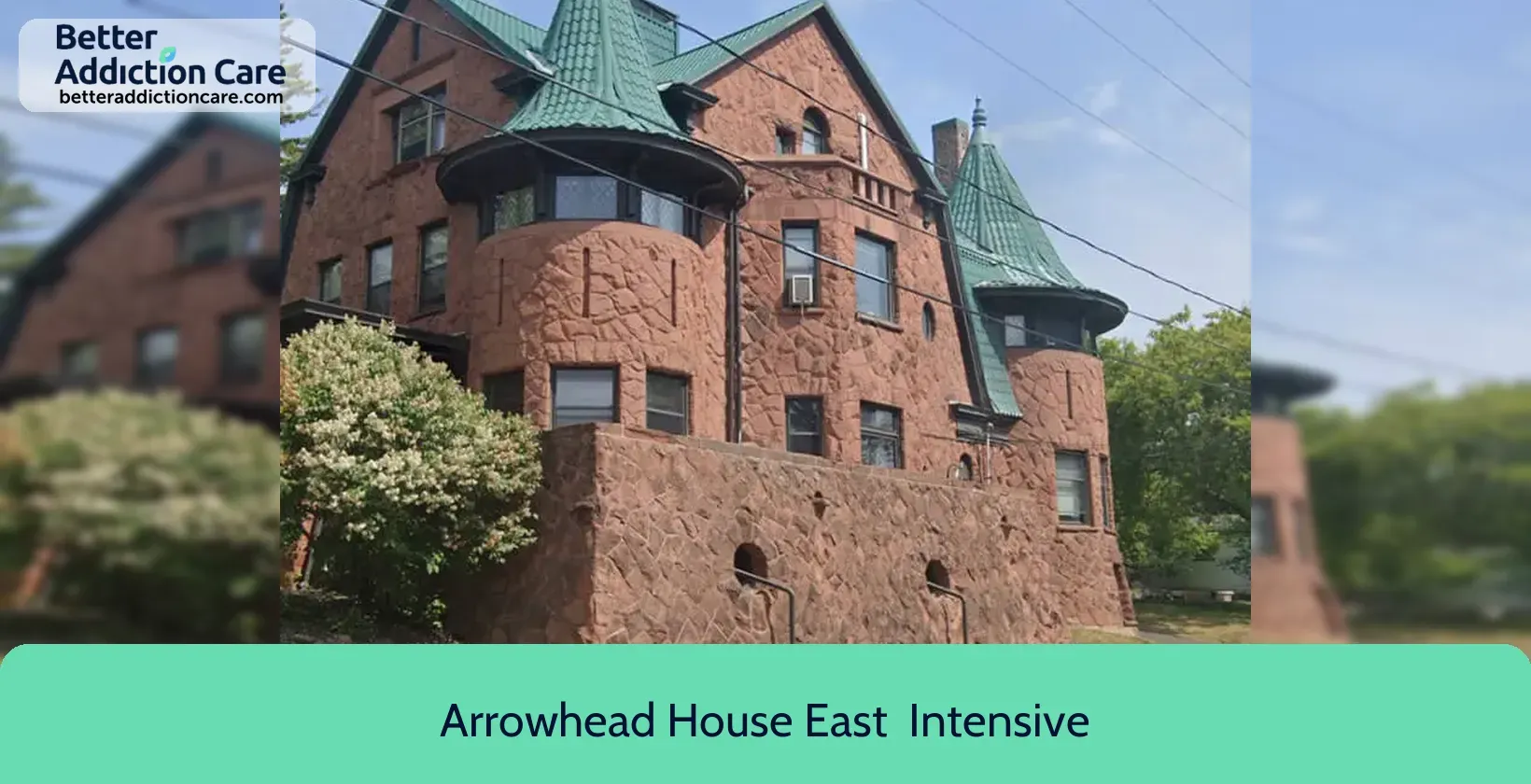
6.72
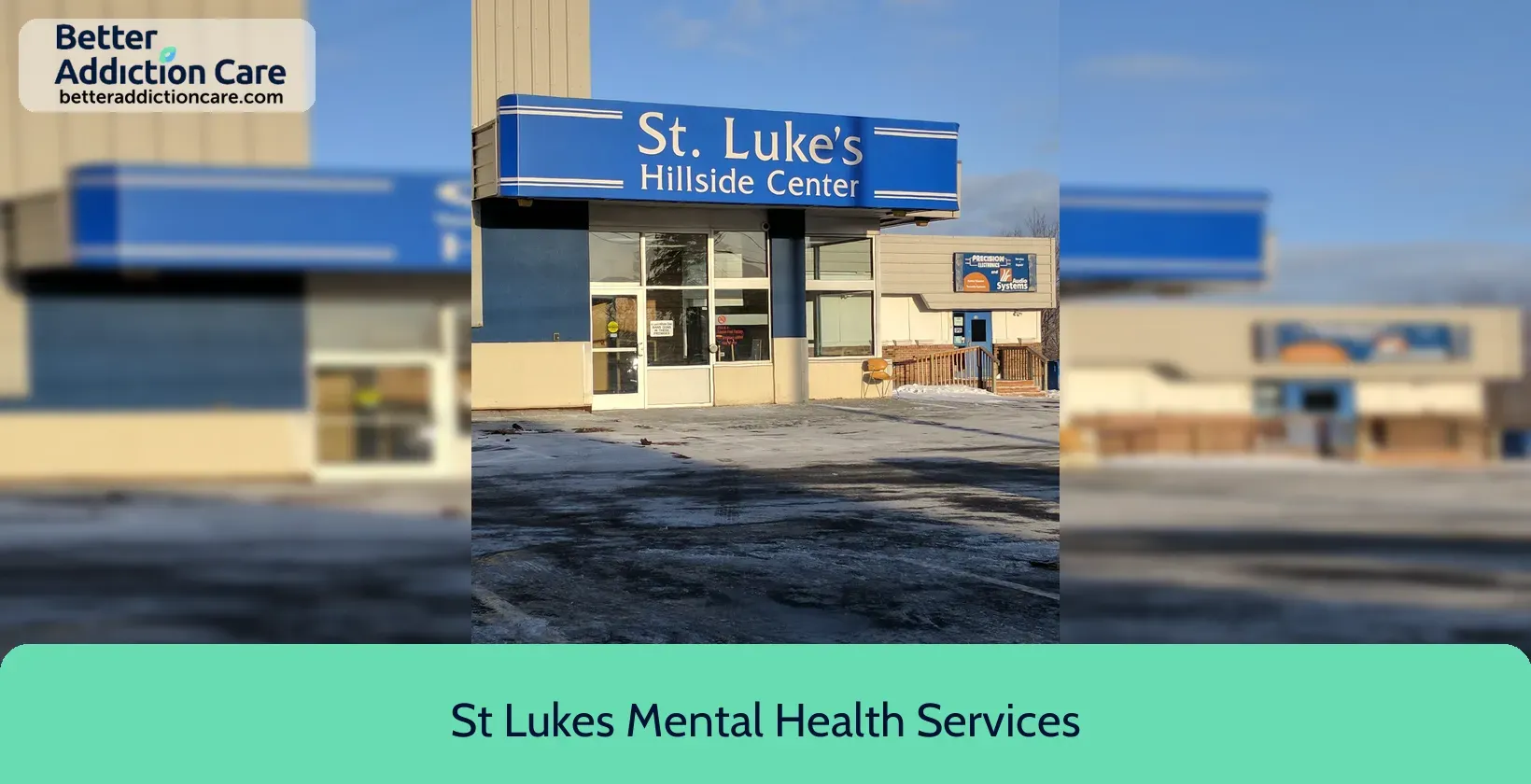
7.12
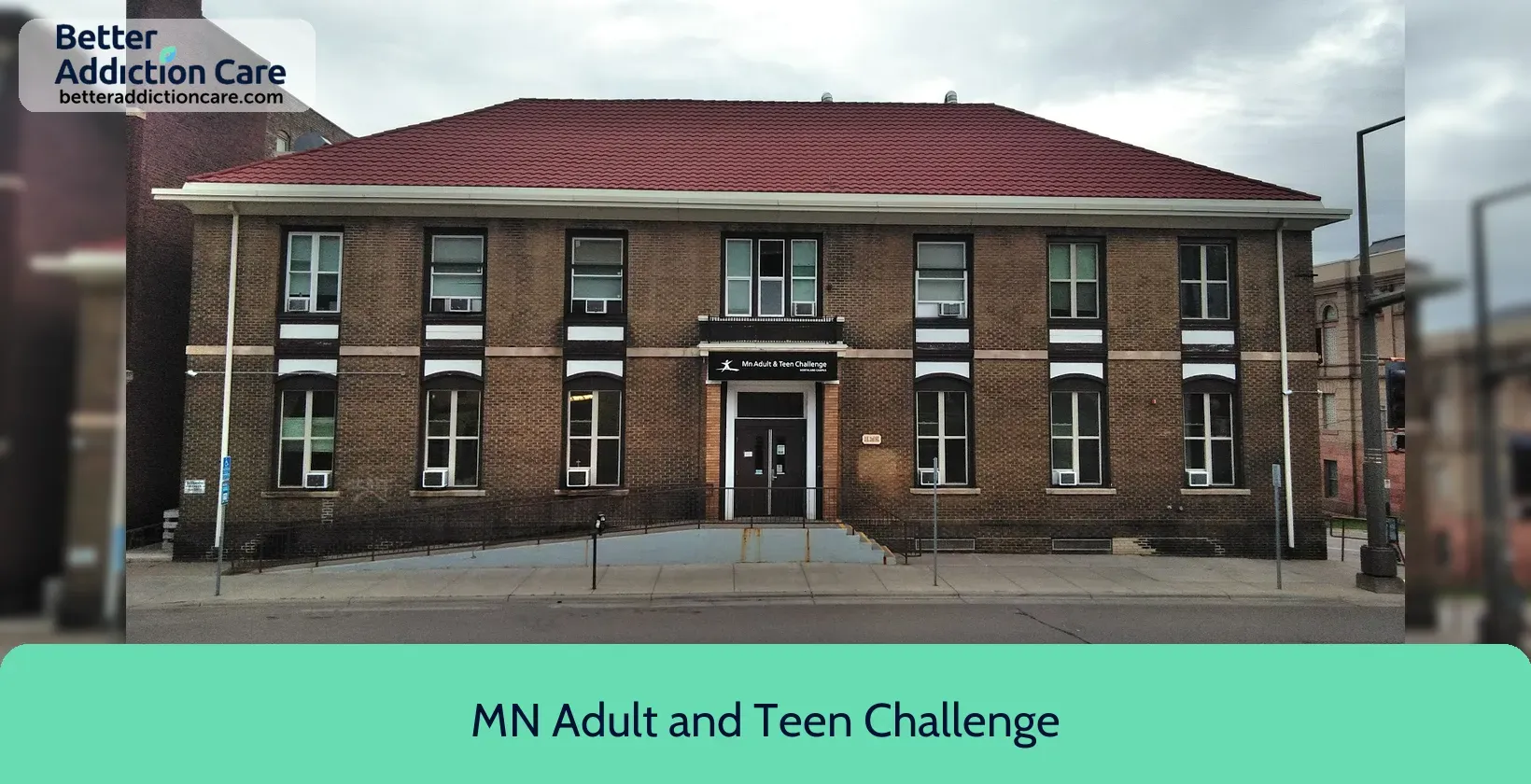
7.77
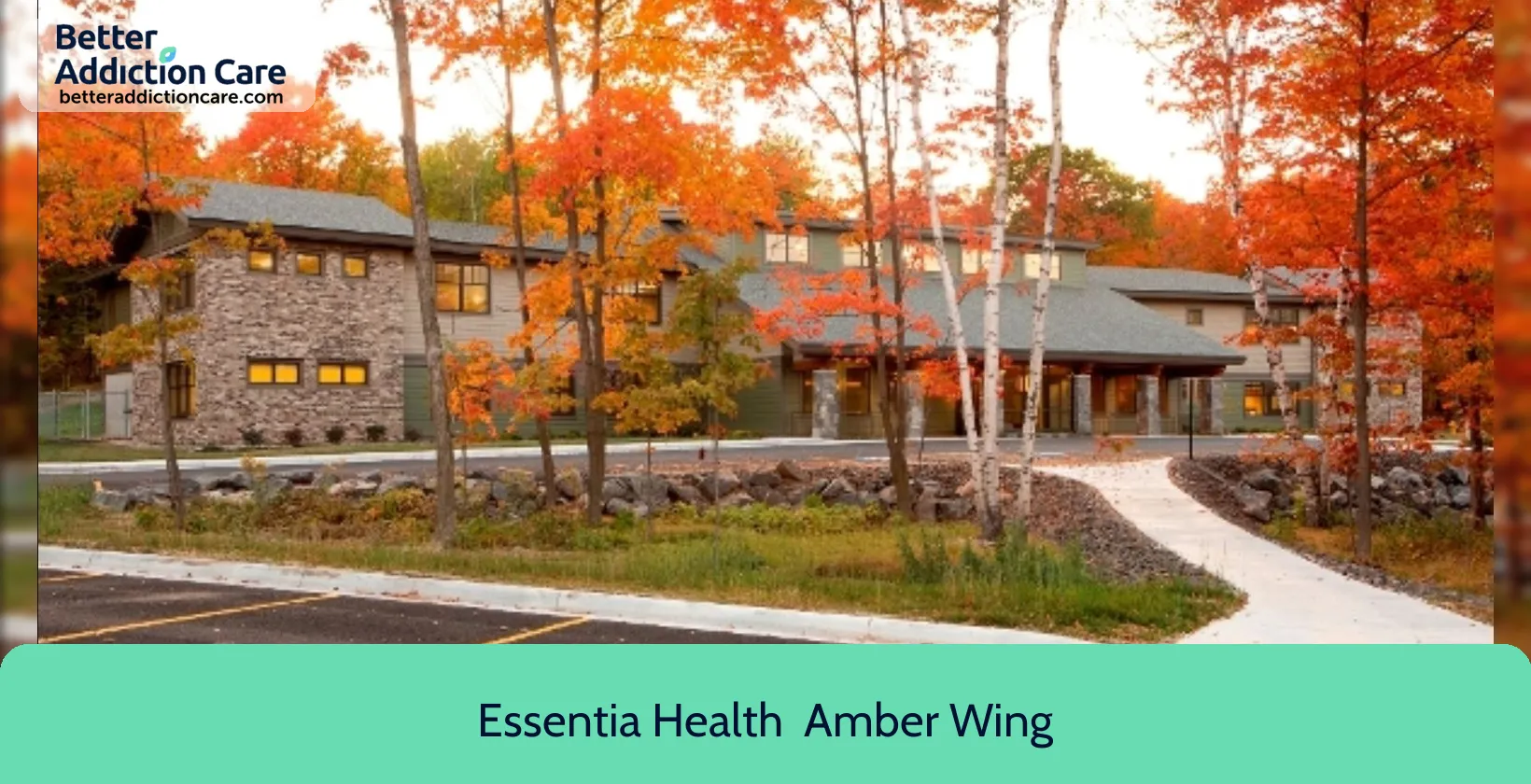
6.62
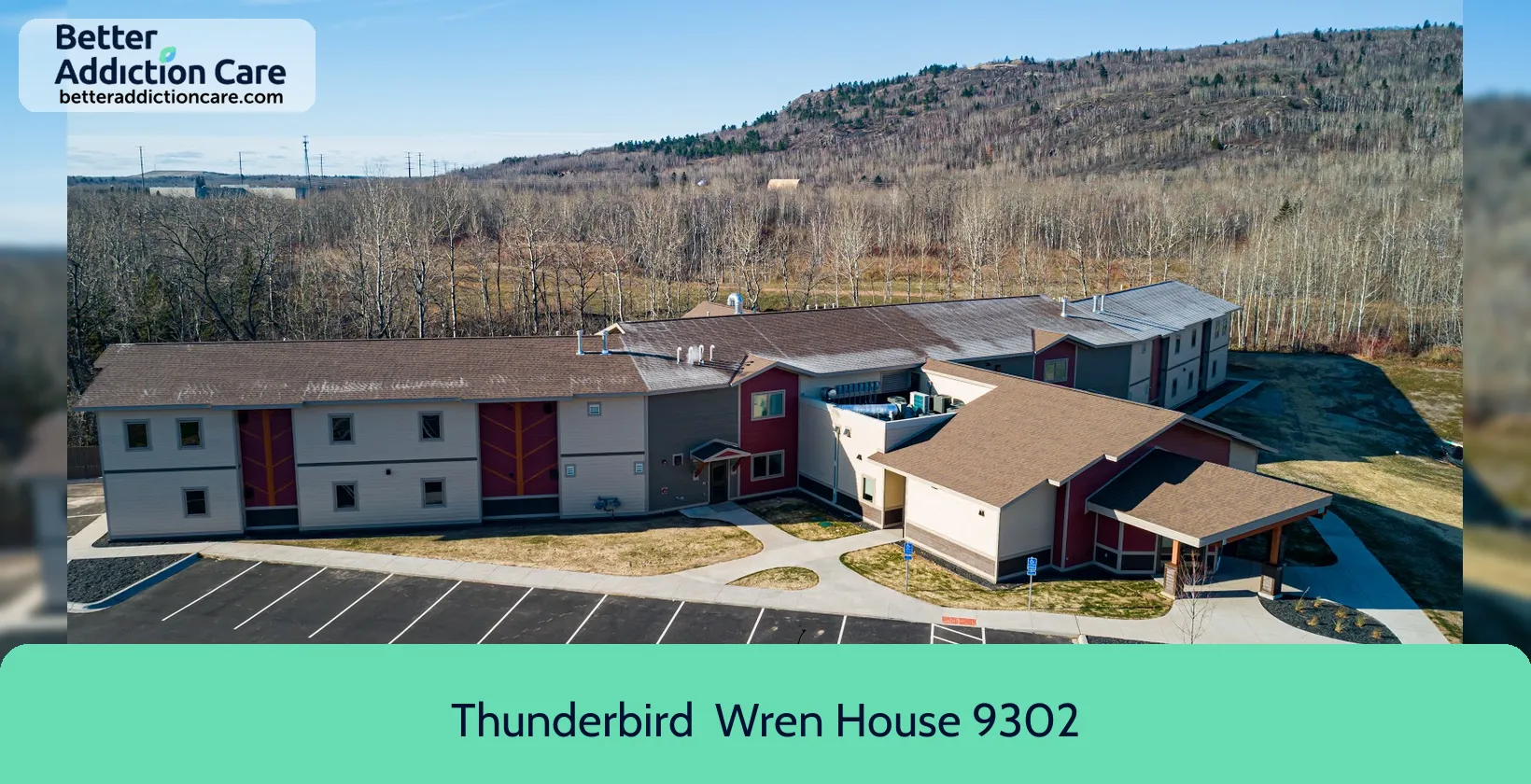
6.83
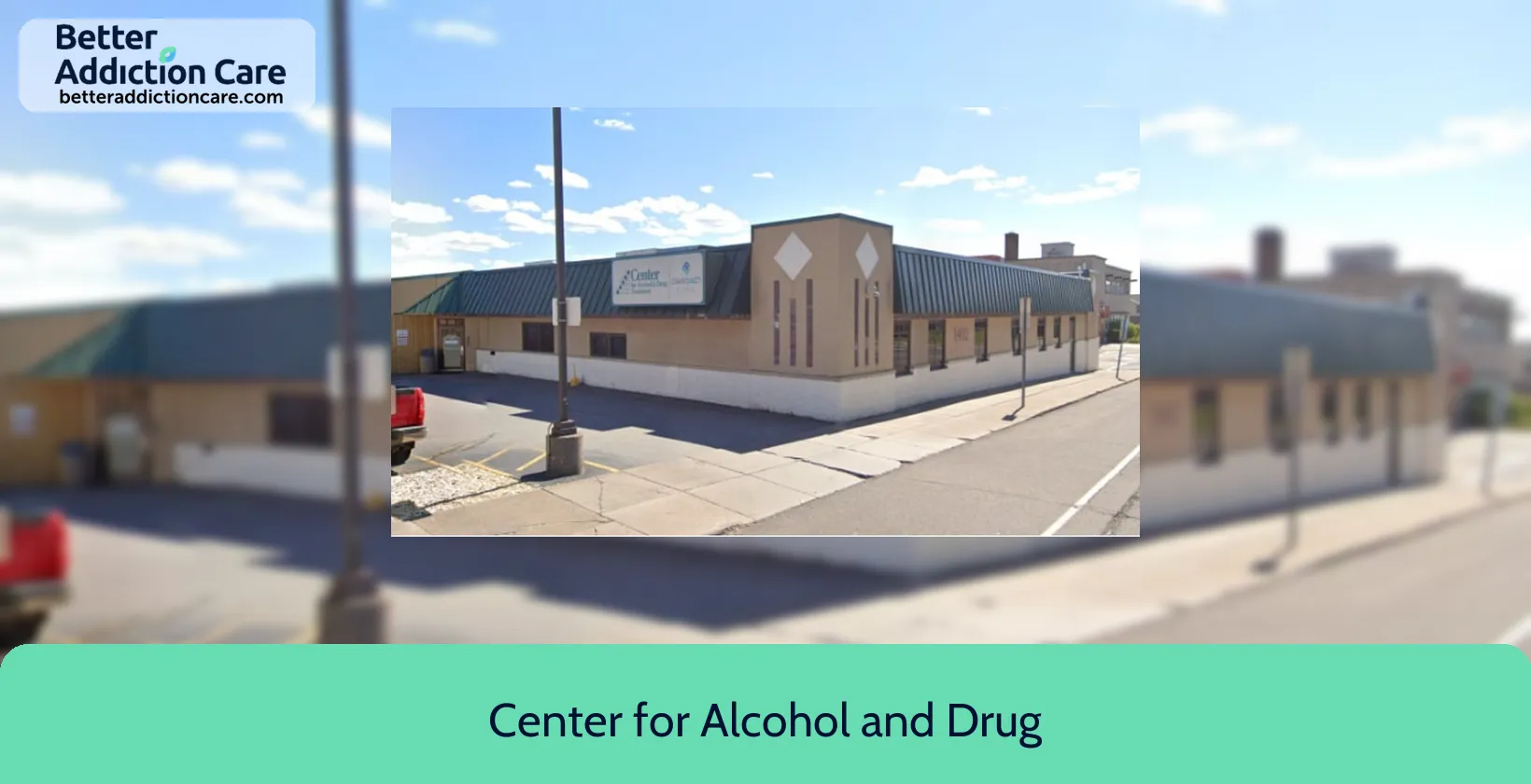
7.14
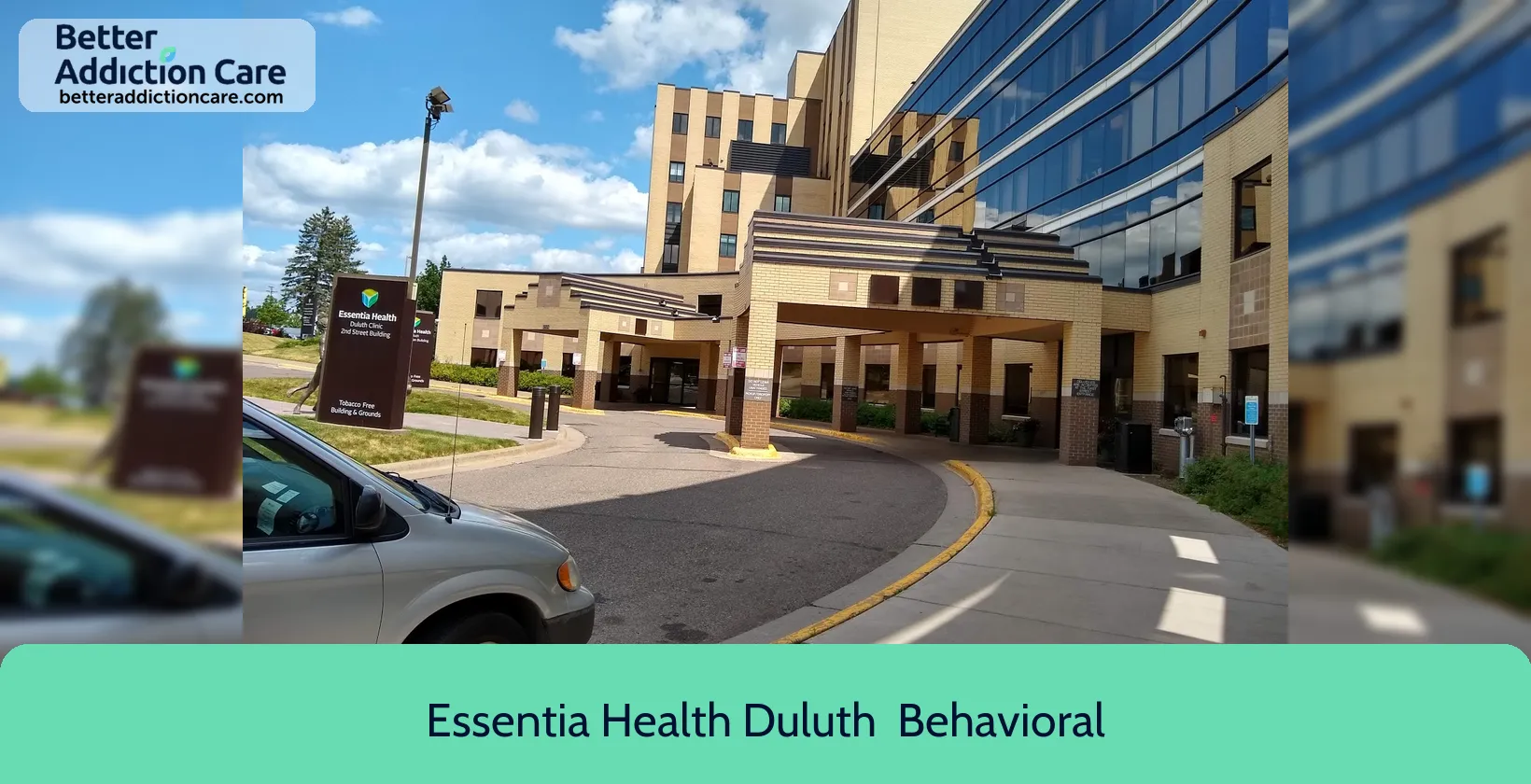
6.65
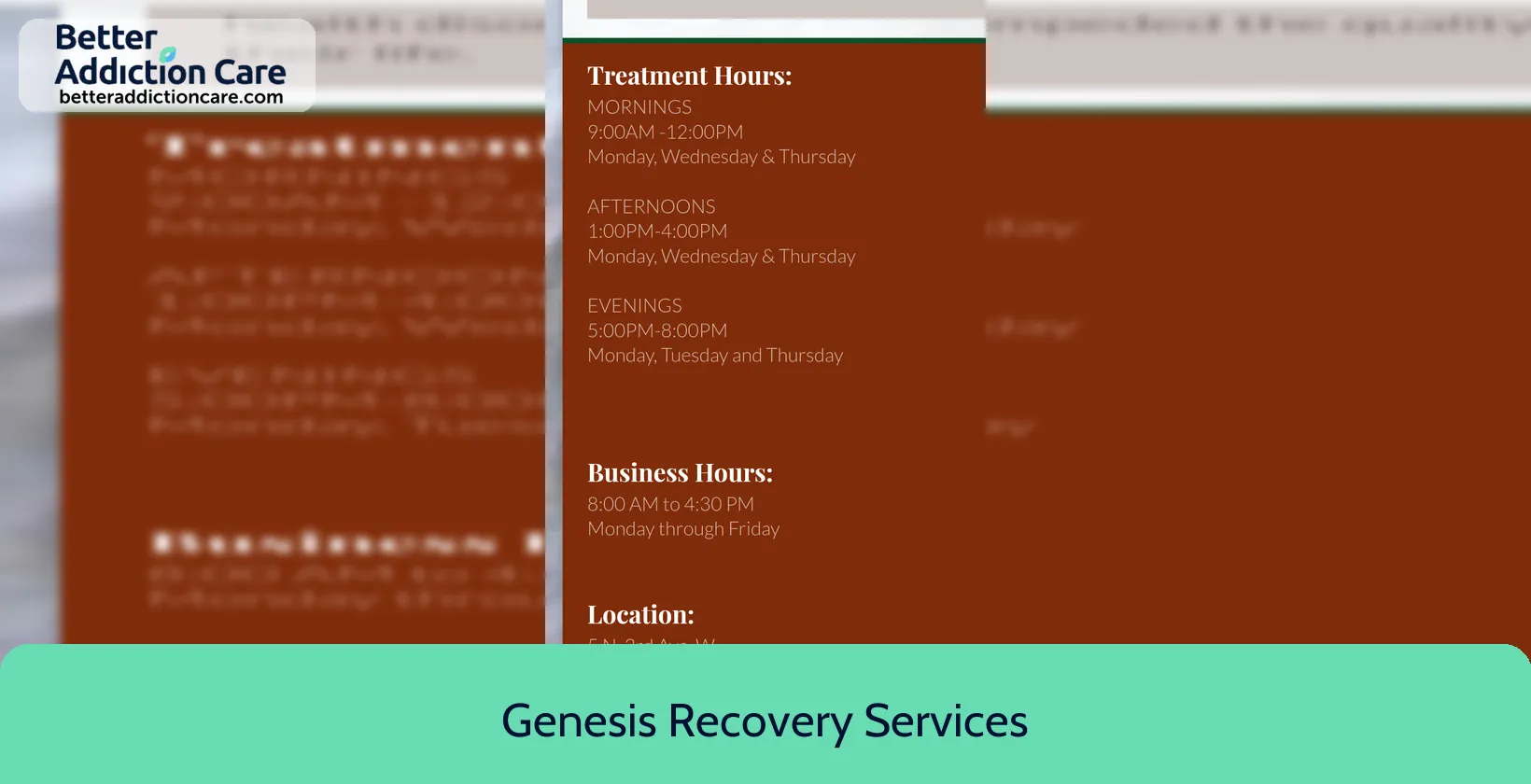
6.92

7.04

6.74

7.09

6.56

6.59

6.82

6.77

6.59

6.77

6.59

6.65

6.59

7.65
Local Rehabs in Minnesota
Common Questions About Rehab in Duluth
Take a look at our FAQ. We've tried to fill it with all the answers you're looking for. And if not, contact us on (888) 349-0436.


